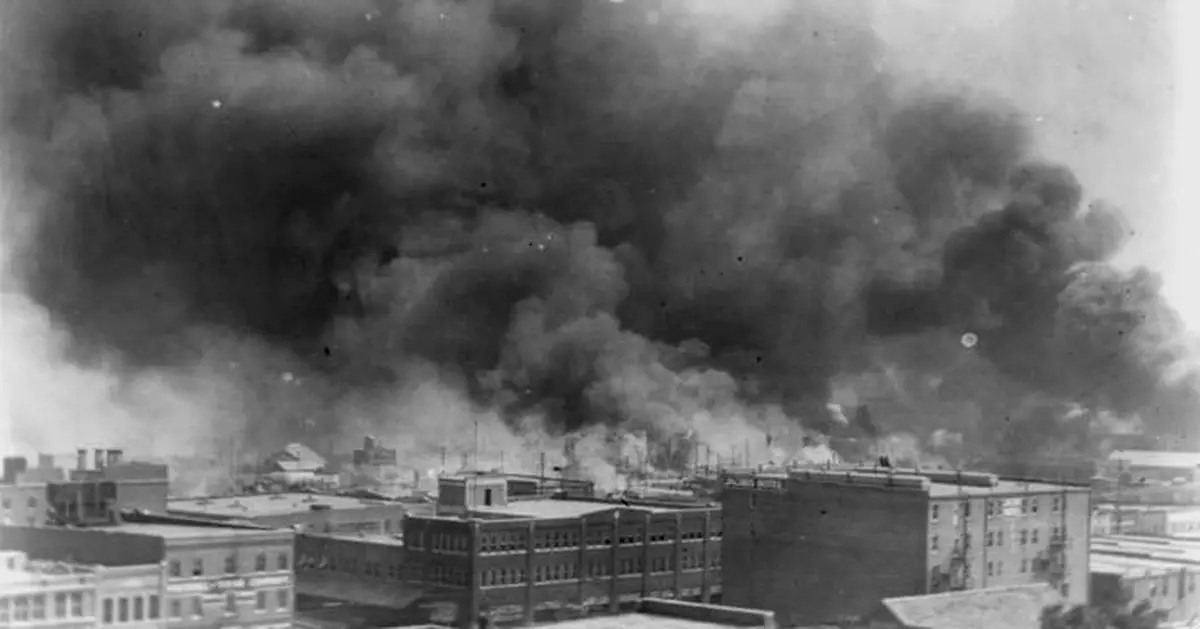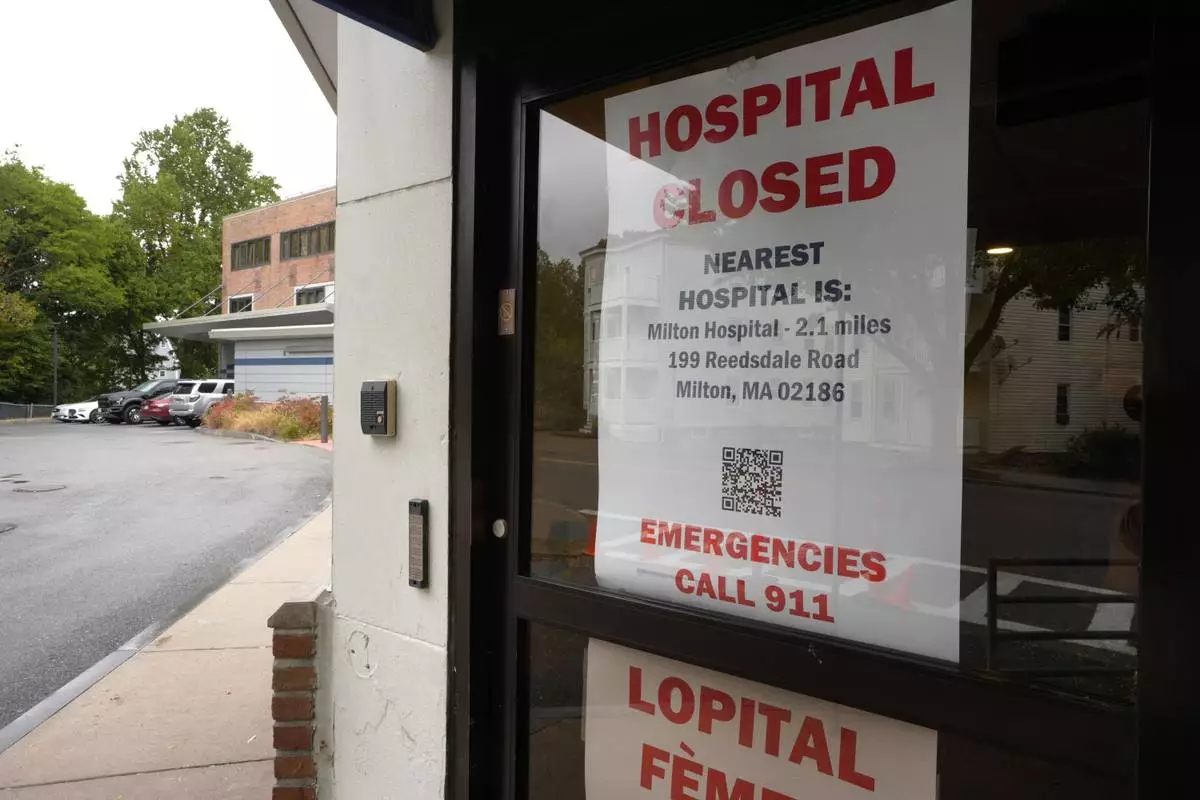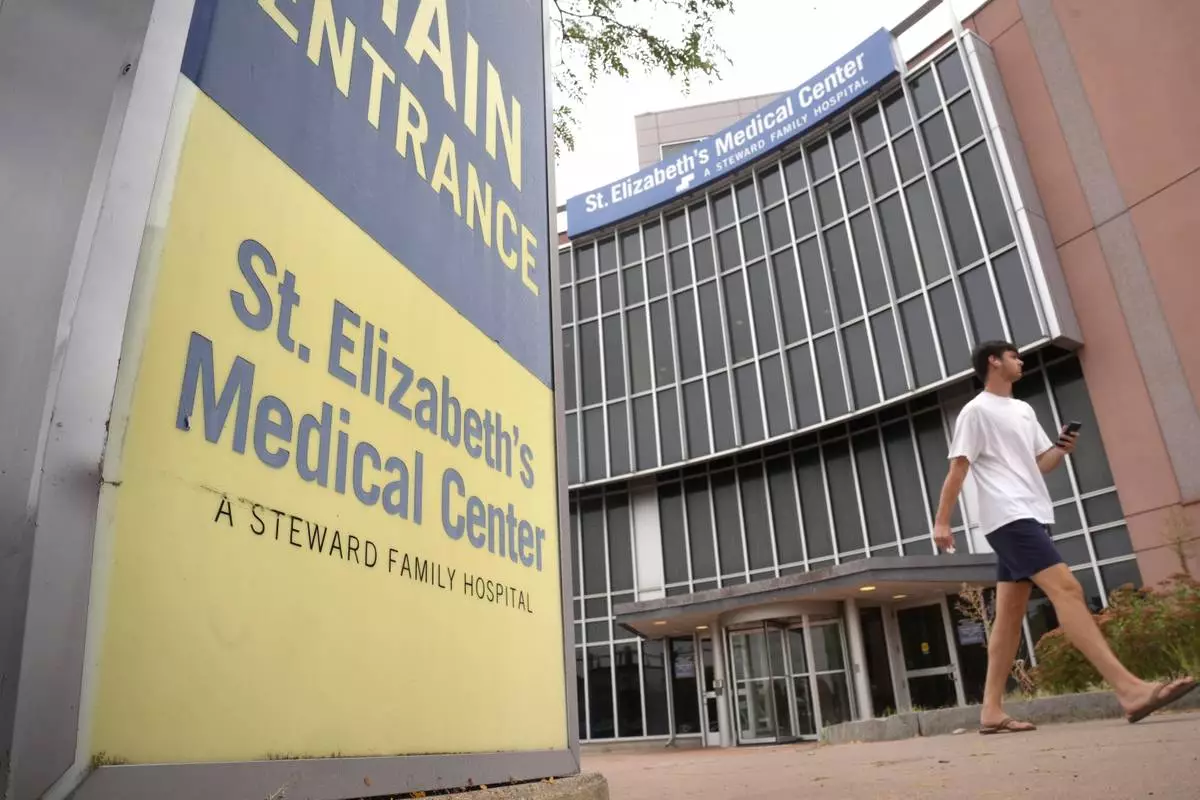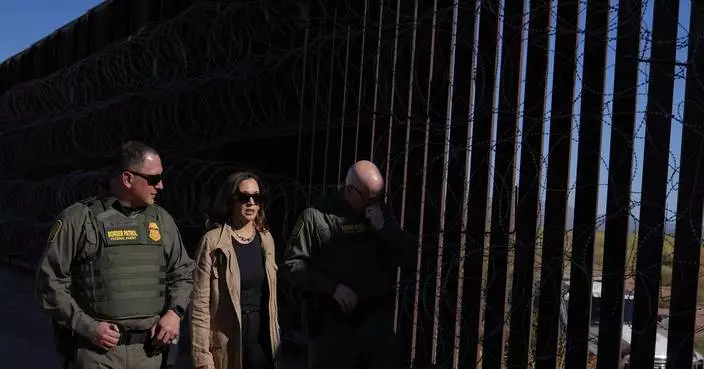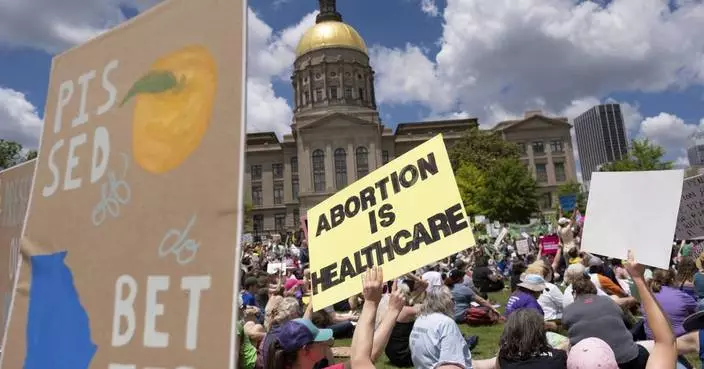OKLAHOMA CITY (AP) — The Justice Department announced Monday it plans to launch a review of the 1921 Tulsa Race Massacre, an attack by a white mob on a thriving Black district that is considered one of the worst single acts of violence against Black people in U.S. history.
The review was launched under a federal cold-case initiative that has led to prosecutions of some Civil Rights Era cases, although Assistant U.S. Attorney General Kristen Clarke said they have “no expectation” there is anyone living who could be prosecuted as a result of the inquiry. Still, the announcement of a first-ever federal probe into the massacre was embraced by descendants of survivors who have long criticized city and state leaders for not doing more to compensate those affected by the attack.
Clarke said the agency plans to issue a public report detailing its findings by the end of the year.
“We acknowledge descendants of the survivors, and the victims continue to bear the trauma of this act of racial terrorism,” Clarke said during her remarks in Washington.
Damario Solomon-Simmons, an attorney for the last known survivors of the massacre, 110-year-old Viola Fletcher and 109-year-old Lessie Benningfield Randle, described Clarke's announcement as a “joyous occasion.”
“It is about time,” said Solomon-Simmons, flanked by descendants of massacre survivors. “It only took 103 years, but this is a joyous occasion, a momentous day, an amazing opportunity for us to make sure that what happened here in Tulsa is understood for what it was — the largest crime scene in the history of this country.”
As many as 300 Black people were killed; more than 1,200 homes, businesses, schools and churches were destroyed; and thousands were forced into internment camps overseen by the National Guard when a white mob, including some deputized by authorities, looted and burned the Greenwood District, also known as Black Wall Street.
The Oklahoma Supreme Court in June dismissed a lawsuit by survivors, dampening the hope of advocates for racial justice that the city would make financial amends for the attack.
The nine-member court upheld the decision made by a district court judge in Tulsa last year, ruling that the plaintiff’s grievances about the destruction of the Greenwood district, although legitimate, did not fall within the scope of the state’s public nuisance statute.
After the state Supreme Court turned away the lawsuit, Solomon-Simmons asked the U.S. Department of Justice to open an investigation into the massacre under the Emmett Till Unsolved Civil Rights Crime Act.
Although investigations under the Act have led to successful prosecutions of Civil Rights Era cases, the DOJ acknowledged in a report to Congress last year that there are significant legal barriers to cases before 1968.
“Even with our best efforts, investigations into historic cases are exceptionally difficult, and rarely will justice be reached inside of a courtroom,” the agency noted in the report.
Since the Act was approved in 2008, the DOJ has opened for review 137 cases, involving 160 known victims. The agency has fully investigated and resolved 125 of those cases through prosecution, referral or closure.
The report also notes the Act has led to two successful federal prosecutions and three successful state prosecutions. Both federal prosecutions involved separate murders of Black men in Mississippi by members of the Ku Klux Klan in the 1960s.
The first federally assisted state prosecution under the initiative was against Klansmen who bombed a Birmingham, Alabama, church in 1963, killing four young girls. That prosecution in the early 2000s led to convictions and life sentences for two men involved in the bombing.
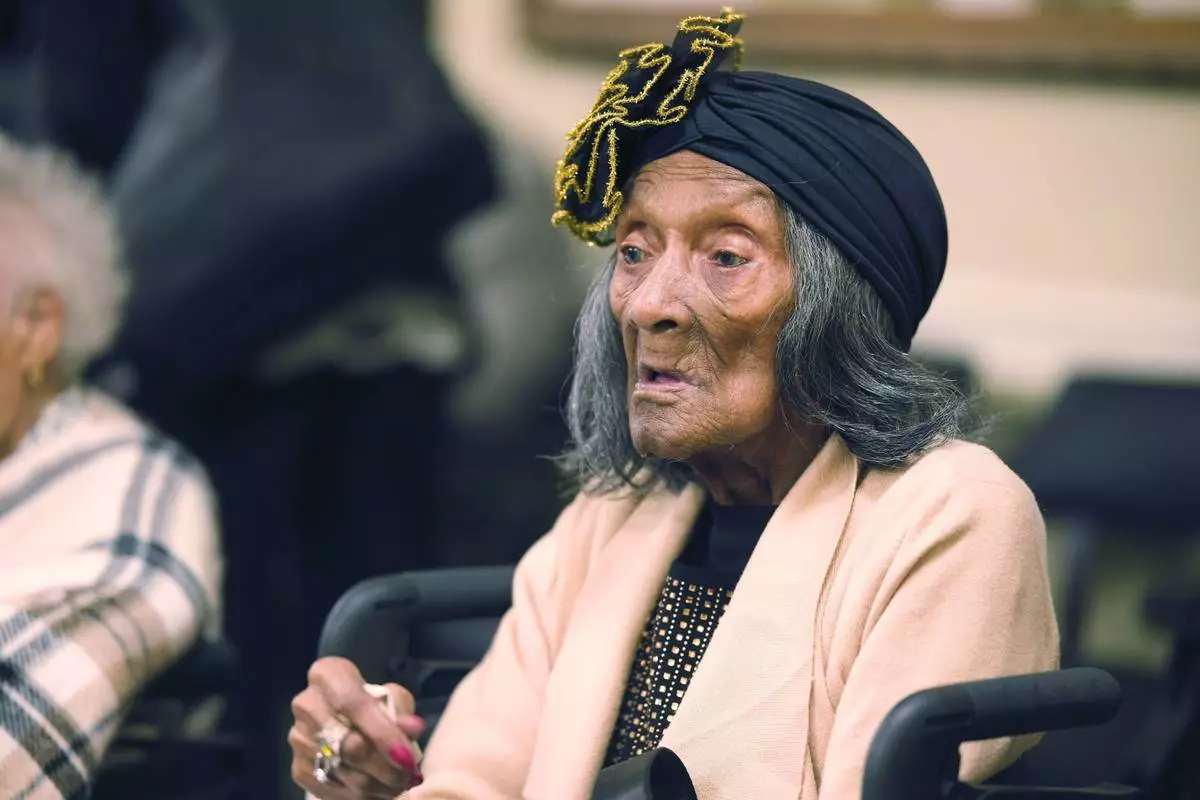
FILE - Lessie Benningfield Randle, a Tulsa Race Massacre survivor, is pictured during the House General Government Committee meeting at the Oklahoma Capitol, Oct. 5, 2023. (Doug Hoke/The Oklahoman via AP)
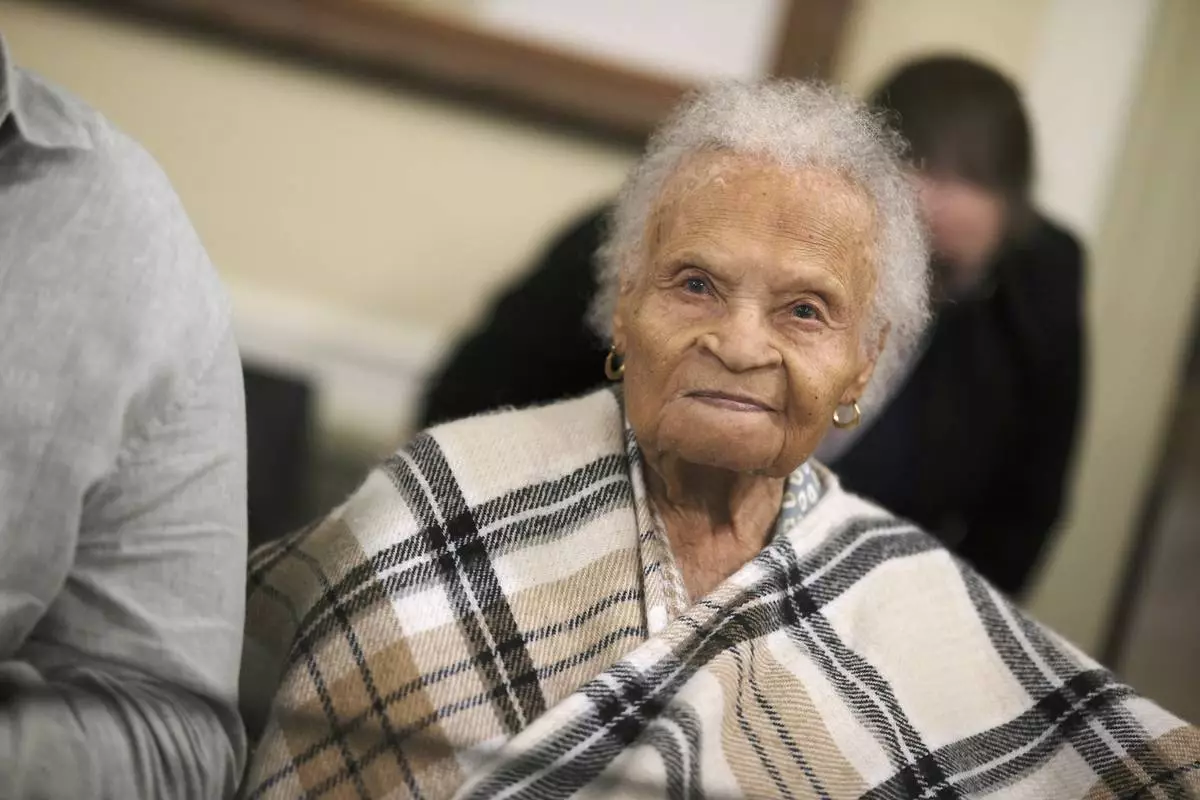
FILE - Viola Ford Fletcher, a Tulsa Race Massacre survivor, is pictured at the House General Government Committee meeting at the Oklahoma Capitol, Oct. 5, 2023. (Doug Hoke/The Oklahoman via AP, File)

FILE - Assistant Attorney General Kristen Clarke of the U.S. Department of Justice Civil Rights Division makes an announcement at a news conference, Wednesday, Nov. 8, 2023, in Jackson, Miss. (AP Photo/Rogelio V. Solis, File)
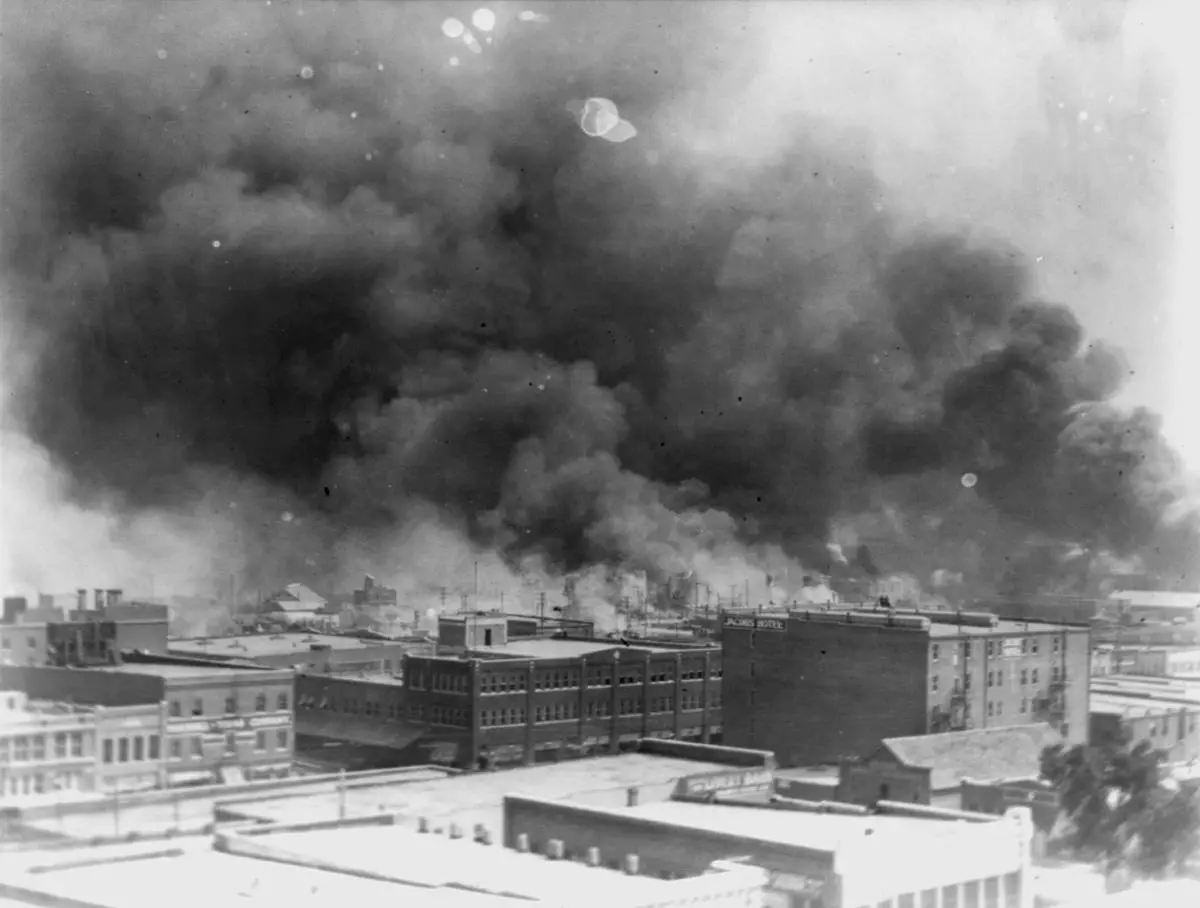
FILE - In this 1921 image provided by the Library of Congress, smoke billows over Tulsa, Okla. (Alvin C. Krupnick Co./Library of Congress via AP, File)


